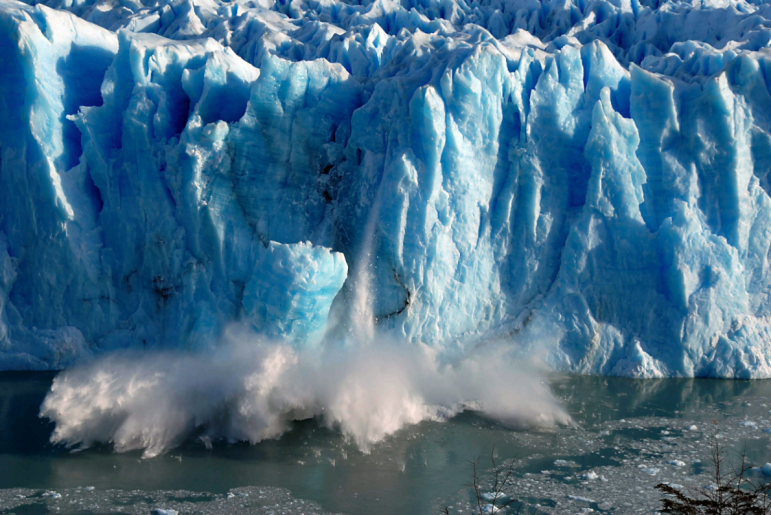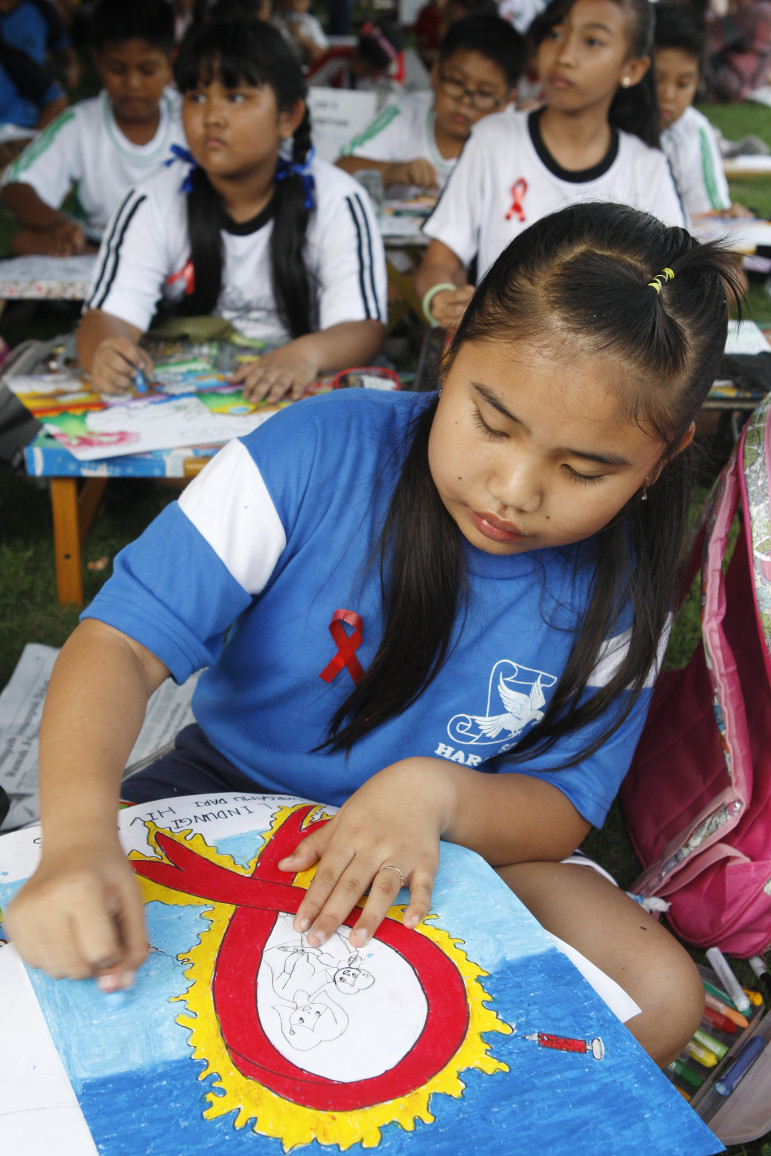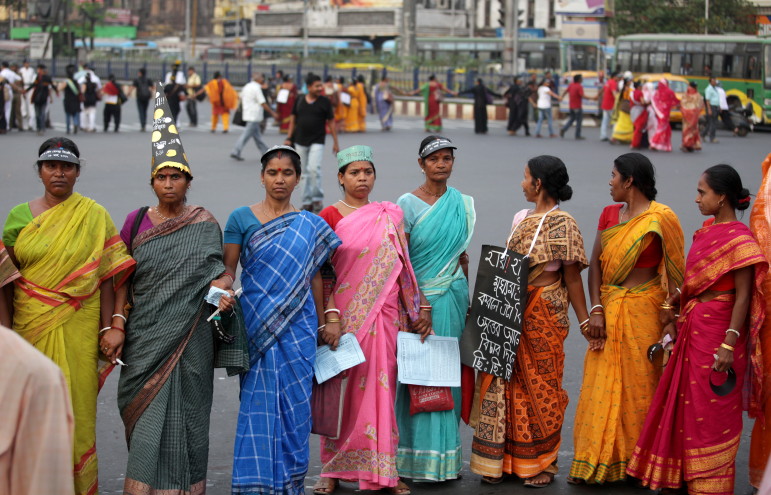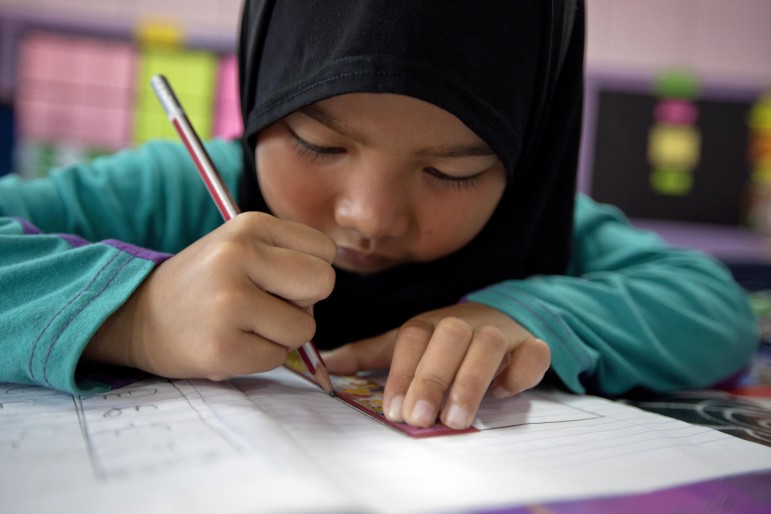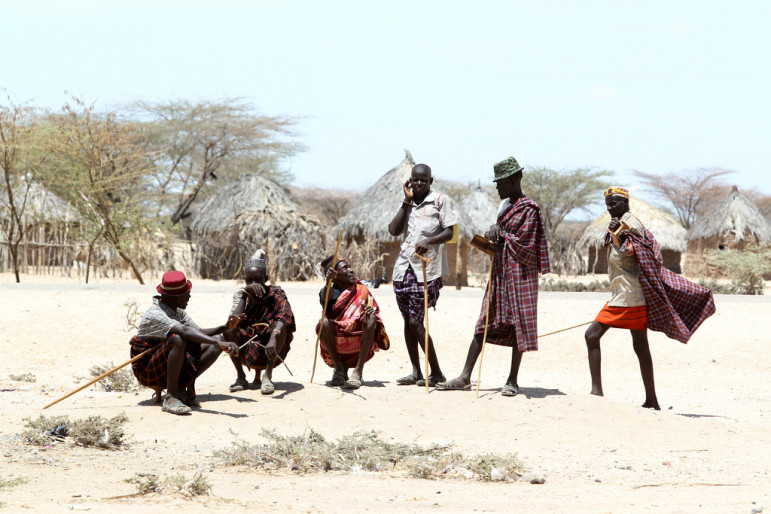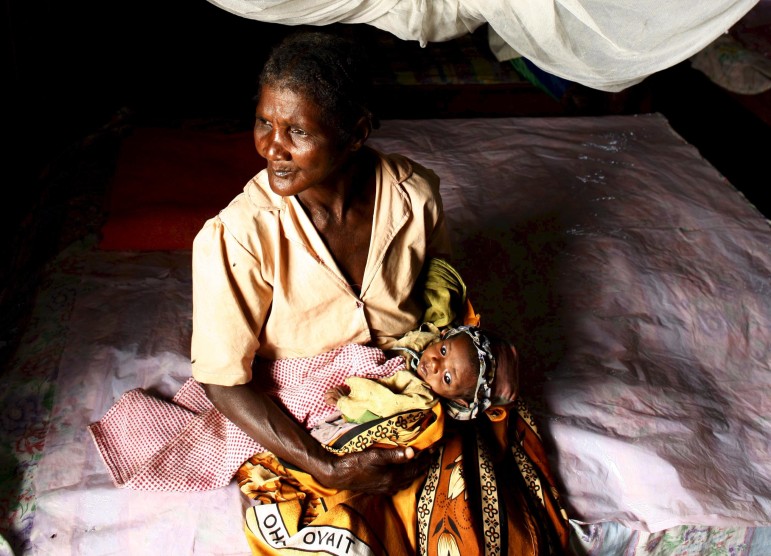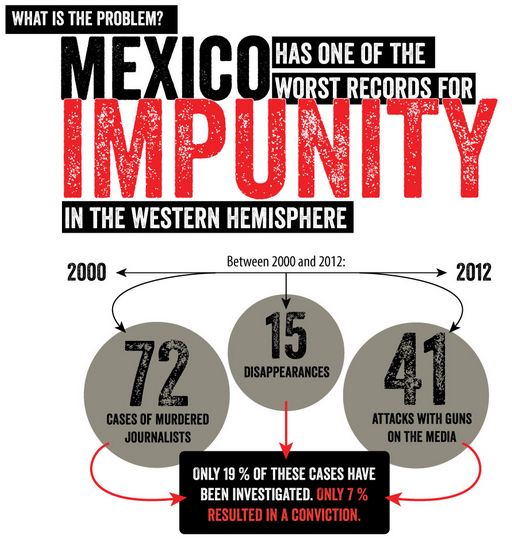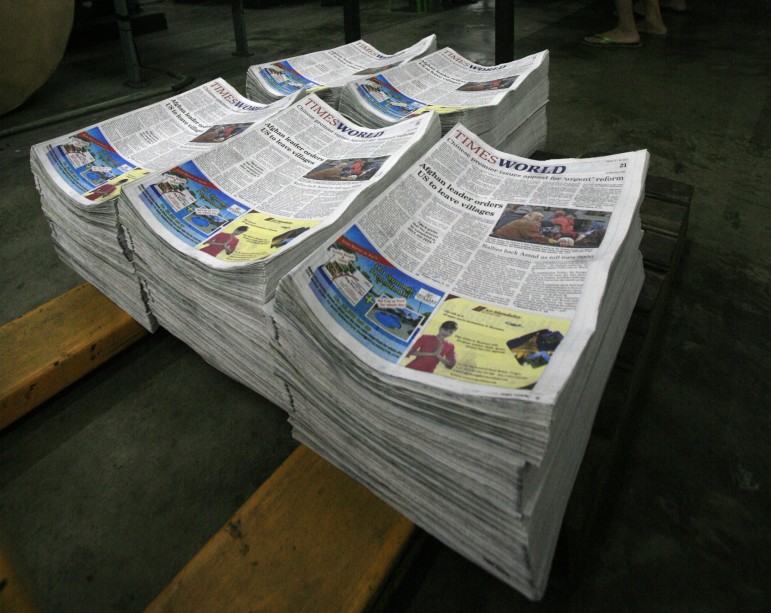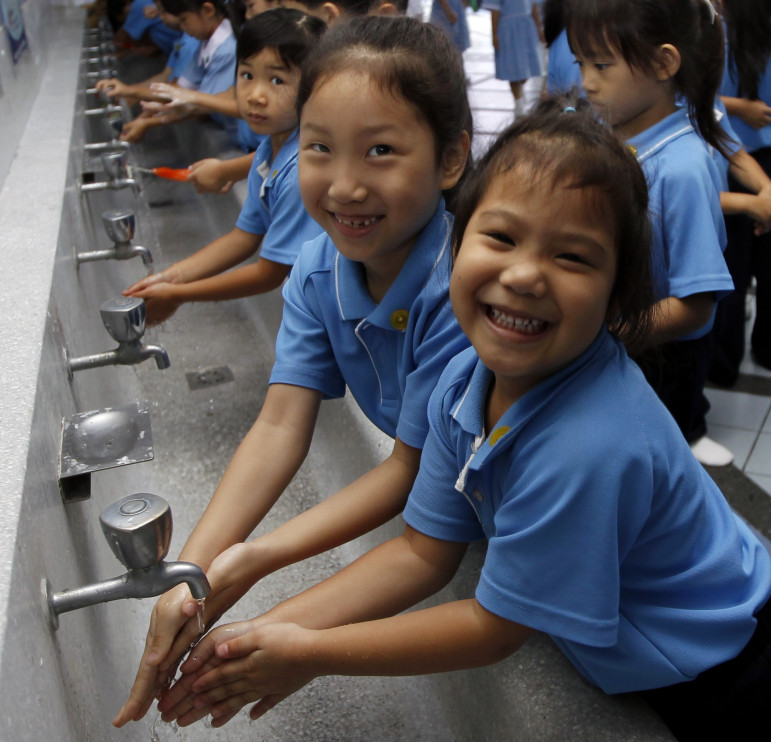
News & Analysis
A Dose of Advice: Tips on Covering Healthcare
In his 1999 book Development as Freedom, renowned economist and Noble laureate Amartya Sen stated that investment in healthcare can lead to success in meeting a wide range of development targets, such as those identified by the Millennium Development Goals (MDGs). Indeed, good healthcare improves quality of life, reduces morbidity and mortality, and raises economic productivity. As such, the World Health Organization (WHO) has recognised the importance of universal health coverage (UHC) and urged its member states to adopt programmes providing essential health packages.

